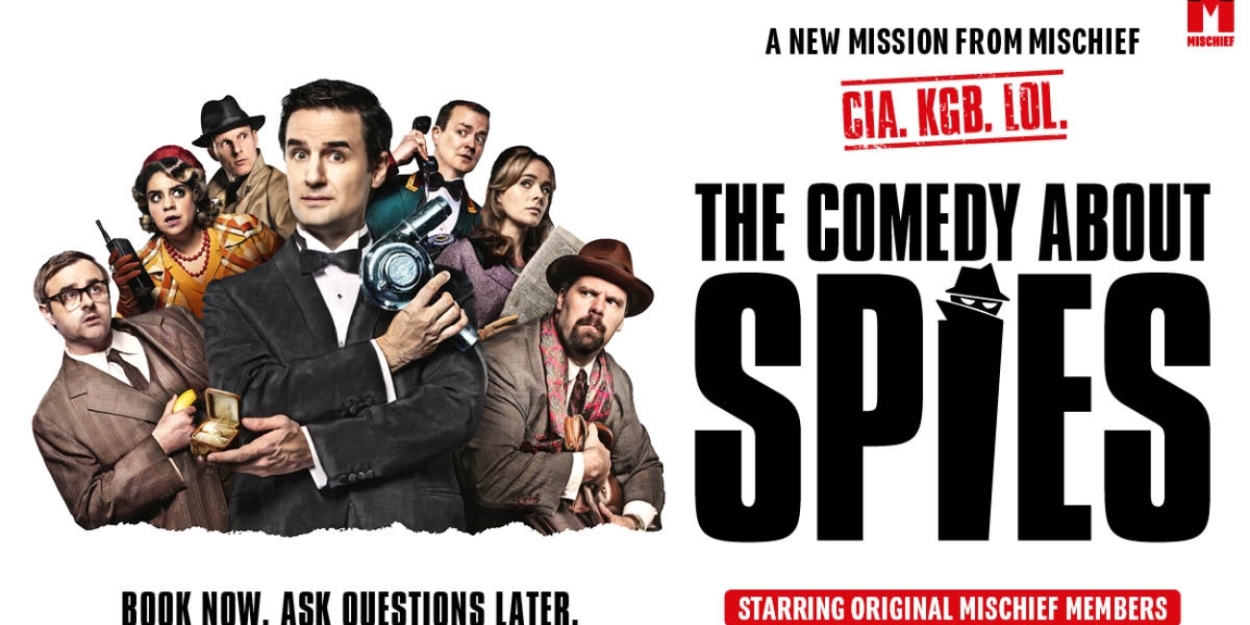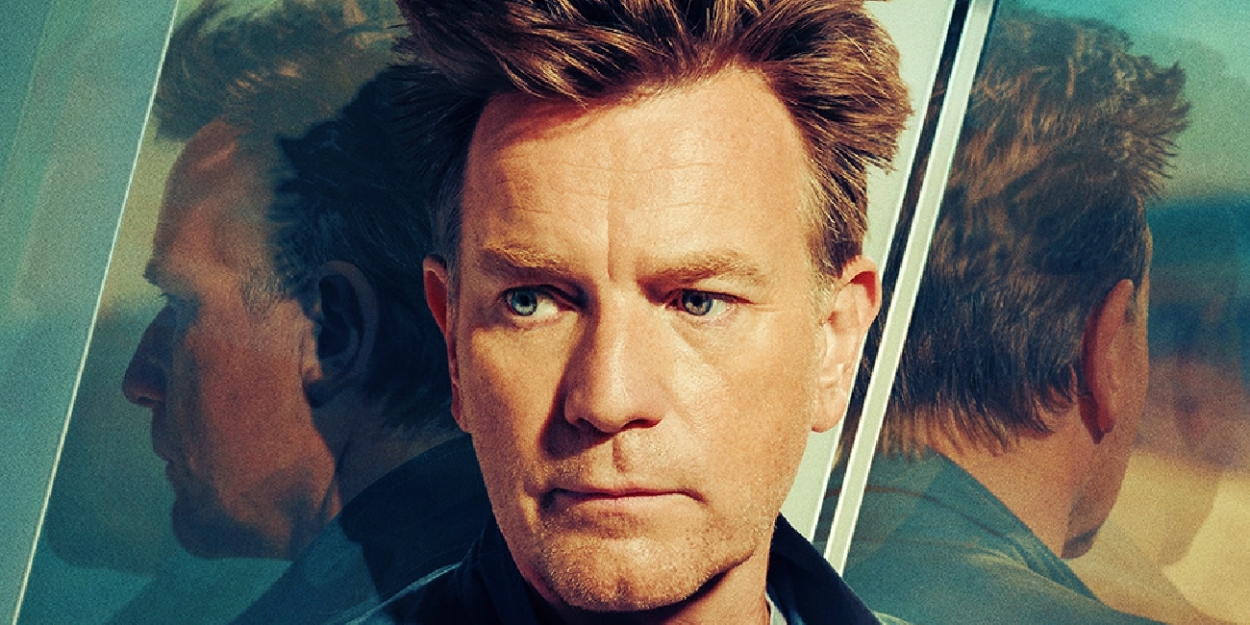This new, subversive adaptation of The Great Gatsby retells the Jazz-Age classic from a queer, feminist perspective. Nick, a young and ambitious stockbroker, is befriended by the illusive millionaire, Jay Gatsby. At first enamoured with the lavish lifestyle of the nouveau-riche, Nick soon begins to see through the cracks in Gatsby's façade, where deception and tragedy lie in wait.
Set against the glamorous backdrop of New York in the roaring twenties, F. Scott Fitzgerald’s The Great Gatsby tells a heart-breaking tale of social stratification, excess and unfulfilled love that treads the line of dark obsession.
'I hope she’ll be a fool – that's the best thing a girl can be in this world, a beautiful little fool.'
Cast and Creative team for The Great Gatsby at The Cockpit
Cast
The Evolution of Broadway: A Historical Essay for College Students
Leaving Hollywood for Broadway, even if not forever and even for a short time, is a common practice for actors. The New York theater itself can boast a brilliant and rather long history. For almost three centuries, the process of evolution of shows on Broadway has been going on: at one time, operas were supplanted by operettas, vaudevilles, variety shows, musicals appeared, old plays were rethought, and new ones received recognition. Even the advent of cinema did not deprive Broadway of its status as the center of cultural life in New York, but it affected the repertoire of theaters.
Nowadays, in the public consciousness, Broadway is synonymous with theatre. But how did this area come to be, and what challenges does musical theatre face today? Let's find out in this historical essay.
By the way, if you are a college student and need to write a paper about the evolution of Broadway, you can use the following information as a sample. If you have difficulties with other types of academic writing, you should get help from special writing services. For example, scholarship essay writers can assist you with your application paper, or you can find a helper with serious writing projects like coursework or a term paper.
Theater as Part of the Entertainment Industry of Old New York
The history of New York began in the twenties of the 16th century when this settlement was called New Amsterdam, since until 1667, it was part of the Dutch colony. The name "Broadway" is a tracing from the Dutch "breede weg," which meant "broad way." Broadway became one of the first large streets in the city. Offices, shops, shopping centers - everything is almost like in any metropolis in the world, with the exception of the part that brought Broadway worldwide fame. We are talking about the Theater District on Manhattan Island.
In 1732, actors Walter Murray and Thomas Kean, who had previously been traveling with a troupe around American cities, opened the first theater in the New World. It was located on Nassau Street in Manhattan and could seat up to 280 spectators. Quite a small size by today's standards - today, such a theater would not even receive the status of a "Broadway" theater. Nevertheless, the beginning of a new industry had been laid.
The second theater appeared three years later, demonstrating acting skills to New Yorkers, and it turned out to be a profitable business. Shakespeare's plays were very popular. Since viewers were willing to pay to attend performances, new venues were not long in coming.
The Heyday of Theater
The next century saw the heyday of theater in New York. The Grand Theater, with 2,000 seats, opened in New York in 1798.
Opera, which was attended by the upper class, and variety shows and melodramas, which attracted the common people, enjoyed constant success and regularly filled the purses of theater owners, especially if stars were invited to play the leading roles. One of the best actors in New York, the "main Hamlet" in the mid-19th century, was Edwin Booth, whose career was overshadowed by his relationship with John Wilkes Booth, also an actor. Edwin's younger brother assassinated President Abraham Lincoln in April 1865 - this happened again during a performance, though not in New York, but in Washington.
A symbol of the heyday of the theater arts, the Golden Age of Broadway produced many iconic performances. Show Boat and Porgy and Bess set high standards for musical theater. It was during this period that the tradition of annual theater awards was established, in particular, the Tony Awards in 1947. The Tony Awards have become an important event in the life of the theater. It highlighted the most remarkable achievements on Broadway and annually drew attention to new talented actors, directors, and plays.
World War II and the Broadway Renaissance
The Great Depression and the advent of sound films significantly affected the number of viewers on Broadway. However, during the war, Broadway was able to come back to life: the production of Round Midnight set new standards for the entire industry. In the show, they used innovative techniques such as musical numbers, plot development, and dance ensembles, which later became characteristic of Broadway musicals. Theatrical art served as moral support, and many plays and musicals reflected the mood of society.
After the war, Broadway finally came alive. West Side Story and Cats brought new technological solutions to set design and lighting. The new musicals were recognized with multiple Tony Awards.
Broadway Now
Today, Broadway continues to be a place of change. Hamilton transformed the musical into a tool for social commentary and won multiple Tony Awards, reflecting a trend toward recognizing bolder, more innovative work. Despite challenges such as adapting to digital technologies and the pandemic, Broadway continues to find ways to engage diverse audiences and advance the art of theater.
The Cockpit Frequently Asked Questions FAQ
Re-Enchant: March (3/16/25-3/16/25)
Mozart: Don Giovanni (3/26/25-3/29/25)
Journey to Nutopia: Mutate and Survive 2025 (3/30/25-3/30/25)
Dumping (4/1/25-4/2/25)
Roadside (4/4/25-4/6/25)
The Little Prince (4/9/25-4/12/25)
Out Of My Head (4/14/25-4/19/25)
Re-Enchant: April (4/20/25-4/20/25)
The Cockpit is at The Cockpit, Gateforth Street, London, NW8 8EH, London.
Hamlet (3/12/25-3/22/25)
“The eulogy - Ο επικήδειος” (3/9/25-3/20/25)
These are the Days! (3/8/25-3/8/25)
Great Expectations (3/6/25-3/7/25)
Where We Meet (2/28/25-3/2/25)
Conversations We Never Had, As People We'll Never Be (2/25/25-2/27/25)
Mariupol (2/5/25-2/22/25)
Exit Who? (1/31/25-2/1/25)
Just A Few Words and Piano Smashers (1/29/25-1/30/25)







